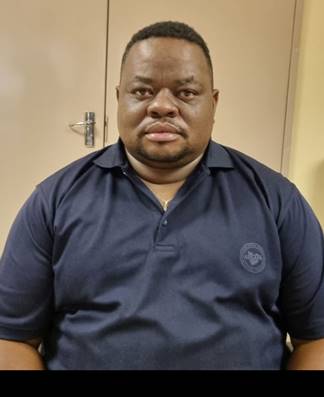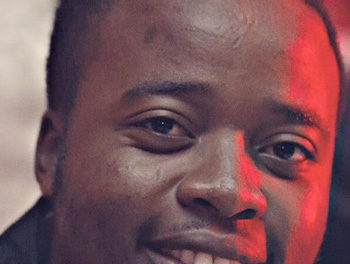
Keeping children safe when they play sports

By Rogerdeltry Kambatuku
Senior Sports Officer
National Steering Committee on PE & School Sport.
Children love to run and play and well, just be children. It is important that they can do just that, informally with friends playing games. It’s all part of being a kid. As is taking part in more formalised sporting activities, this usually starts at school during Physical Education (PE) classes, or after school activities.
Giving children, whatever their sporting or physical abilities access to physical activity is imperative for a child’s overall development. The Ministry of Sport, Youth and National Service and the Ministry of Education, Arts and Culture, United Nations and GIZ “Sport for Development in Africa” Development have joined forces to promote and make physical education an integral part of the school curriculum. This is embodied in the Integrated Physical Education and School Sports programme.
One vital aspect of having children engage in physical activity is to know they can do so safely and be coached, trained and supervised by trustworthy and certified adults that will look after the children’s physical and mental wellbeing. Essentially it comes down to safeguarding children in sports. All children have the right to participate, enjoy and develop themselves through sport, in a safe and inclusive environment, free from all forms of abuse, violence, neglect and exploitation.
This sounds obvious and normal, too often these rules are transgressed in some way. Children have the right to have their voices heard and listened to. They need to know who they can turn to when they have a concern about their participation in sport. This is not always how Namibian adults behave, wanting children to be seen and not heard and to always respect their elders, although important it should never translate into any form of abuse. Including being shielded from; Bullying, physical or sexual abuse, (sexual) exploitation, psychological abuse, grooming, hazing, (sexual) harassment, neglect
However, parents and the vast majority of caregivers would be appalled if they knew their children, or the youth under their guardianship was being abused by a grown-up. We need to listen to them, we need to create a forum where kids feel safe speaking out. So that in turn they know that they will be safe when engaged in physical activities. This is why the Ministries are working together with our stakeholders to engage both coaches, trainers and the children through a programme called; ‘Safeguarding children in Sports.’
Safeguarding encompasses more than just protecting children. Safeguarding is: ‘Measures taken to protect the health, well-being and human rights of individuals, which allow people, especially children and vulnerable persons, to live free from harassment, abuse and exploitation.’
Through a series of training and engagements across Namibia, physical education teachers, facilitators and other guardians are trained. The 8 Safeguards for working with children are explained in theory and practice.
The 8 Safeguards are:
– Developing your policy
– Procedures in place for responding to safeguarding concerns
– Advice and support
– Minimising risks to children
– Guidelines for behaviour
– Recruiting, training and communicating
– Working with partners
– Monitoring and evaluation
These 8 Safeguards form the basis of how we will and must protect our children. They must always feel safe and secure when running and playing, whether in a formalized setting or just playing in the street or at home. It cannot be emphasized enough that every organization, individuals, service providers and funder all have a responsibility to support the care and protection of young people. These institutions and organisations must ensure they have appropriate systems in place to respond to concerns.
We owe this duty of care to them and that is why our Ministry, together with the other stakeholders will continue to train, teach and engage on this essential topic. We must be able to trust and rely on the fact that our children are safe within a sporting environment and are in good hands, being trained to be the best they can be, whatever their level of physical ability.











































